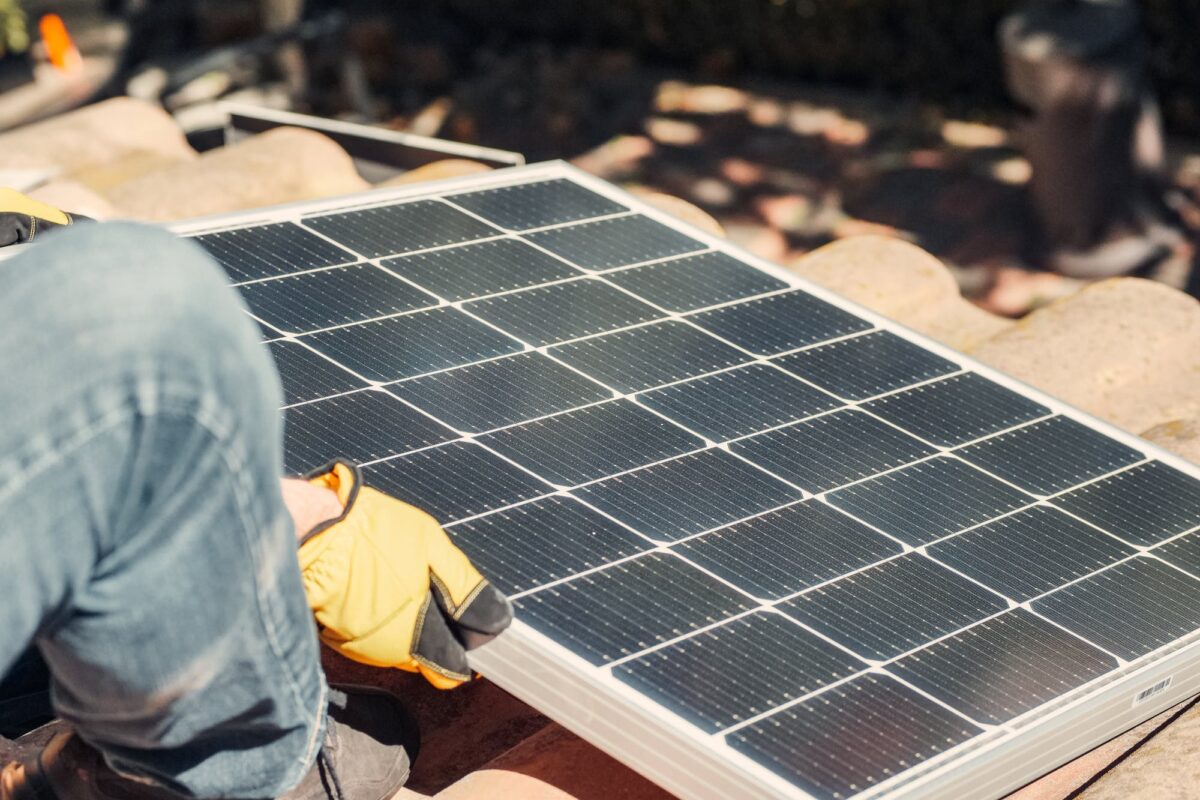by Scott Wiater, Standard Solar
 If you work in the U.S. solar industry, know someone who does or are merely a solar enthusiast, you know that this month could prove pivotal in its future.
If you work in the U.S. solar industry, know someone who does or are merely a solar enthusiast, you know that this month could prove pivotal in its future.
Before the U.S. International Trade Commission is a case alleging foreign competition is destroying U.S. solar module manufacturing. Its finding is coming down on Sept. 22, and it will send a final report to President Trump on Nov. 13.
But I’m not here to rehash the specifics of the case, which have been dissected far more effectively elsewhere by my colleague and friend, Standard Solar’s Chief Development Officer Tony Clifford. I do, however, want to address a particular issue that is plaguing the industry today because of the uncertainty surrounding the case’s outcome: solar financing.
See, if you’re a developer in the United States right now, you’re having difficulty finding funding for many projects, particularly in the commercial/industrial and small-scale utility space. Why? Well, obviously you can’t build a solar array without modules. And with the uncertainty surrounding what the price of those modules will be in 2018 and beyond, a lot of financiers are hesitating, instead preferring to bide their time until they know what projects’ actual costs will be before releasing the needed capital.
Not to mention, of course, the rash of bankruptcies in the past two years by companies who were supposed to be financial geniuses but who allowed themselves to get caught in a gold-rush mentality. In the rush to put projects in the ground, sometimes the vetting process went awry, leading to projects that were doomed to fail being financed. Unfortunately, when big solar companies go down in flames (often spectacularly), it can create a leeriness in the financial community about funding new solar projects when the old ones appear (at least to them) to have gone less than optimally.
So all developers can do is throw their hands up in frustration and give up trying to get their projects financed, right? Wrong.
There are sources of smart project financing out there, even in these uncertain times. The forward-thinking solar companies either are developing or have developed their own pools of capital, either using their own portfolios as collateral (an increasingly more common practice) or in partnership with other financing partners, including more traditional energy giants looking to add solar to their portfolios.
In-house financing is a relatively new concept in the solar industry, but frankly it’s an idea that is long overdue. After all, who better to finance a solar project than a company that has a well-established reputation in the industry for smart solar-project development? The expertise is already there to evaluate whether a project should go forward or be put back on the shelf, meaning if they say the project will succeed, it is a safe assumption that you can take that assurance to the bank.
Look, it’s no secret uncertainty in the U.S. solar market exists, and no one can predict exactly where it will go in the future. But if you partner with companies willing to put their own money where their mouths are, I, for one, believe you will be OK.
Scott Wiater is the president & CEO of Standard Solar
This content is protected by copyright and may not be reused. If you want to cooperate with us and would like to reuse some of our content, please contact: editors@pv-magazine.com.








By submitting this form you agree to pv magazine using your data for the purposes of publishing your comment.
Your personal data will only be disclosed or otherwise transmitted to third parties for the purposes of spam filtering or if this is necessary for technical maintenance of the website. Any other transfer to third parties will not take place unless this is justified on the basis of applicable data protection regulations or if pv magazine is legally obliged to do so.
You may revoke this consent at any time with effect for the future, in which case your personal data will be deleted immediately. Otherwise, your data will be deleted if pv magazine has processed your request or the purpose of data storage is fulfilled.
Further information on data privacy can be found in our Data Protection Policy.